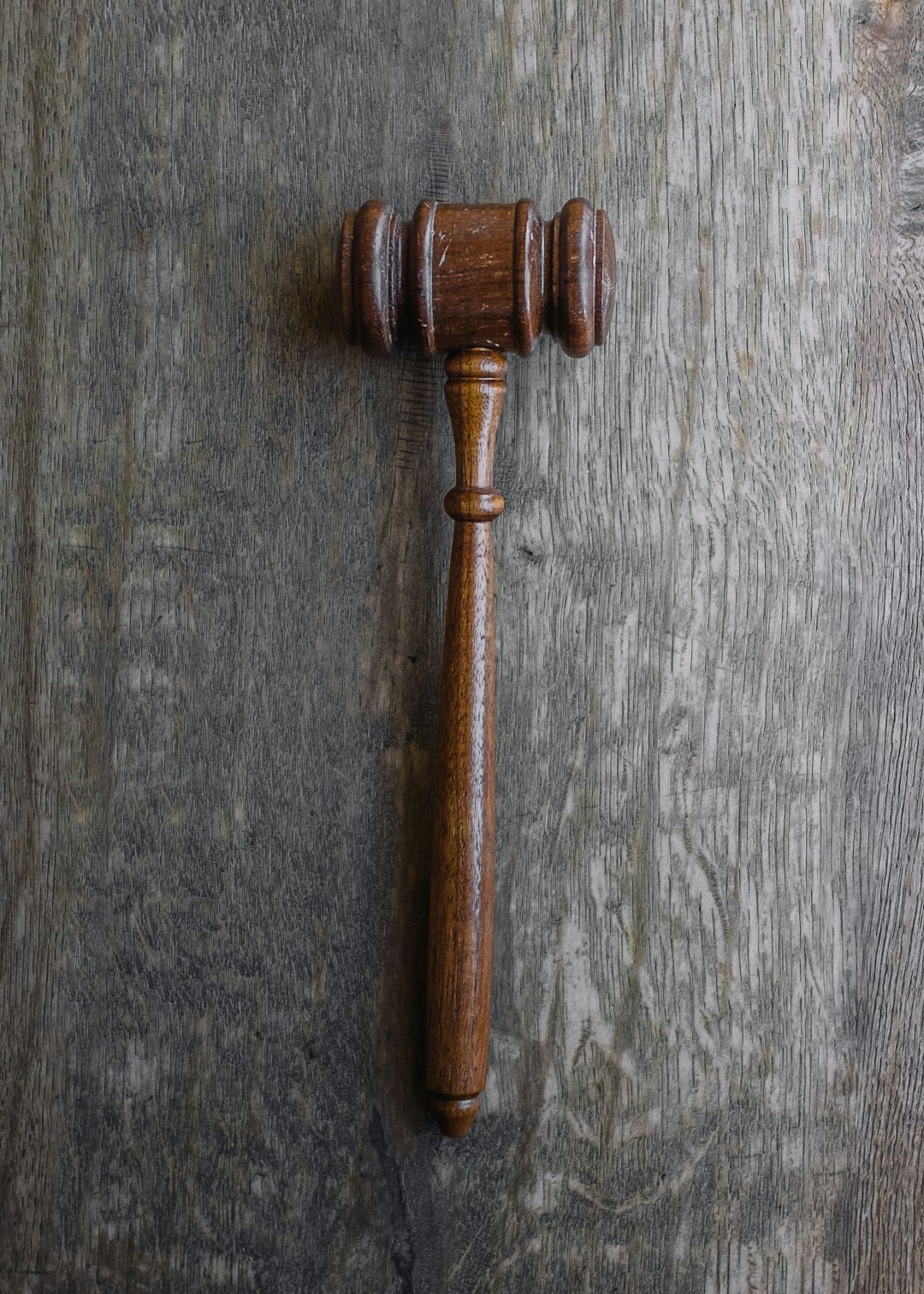The rights of tenants and landlords in rental agreements are crucial for ensuring a fair and harmonious relationship between both parties. A rental agreement, also known as a lease, functions as a legal contract that outlines the terms and conditions under which a property is rented. It is essential for tenants and landlords to understand their rights and responsibilities to avoid any potential conflicts or misunderstandings. In this blog post, we will discuss the rights of tenants and landlords in rental agreements.
Tenants’ rights in rental agreements:
1. Right to a habitable property: Tenants have the right to a safe and habitable living environment. This means that the landlord must provide a property that meets health and safety standards. The property must have functioning plumbing, heating, and electrical systems, as well as proper sanitation and ventilation.
2. Right to privacy: Tenants have the right to privacy in their rented property. Landlords cannot enter the property without prior notice, except in cases of emergencies or specified circumstances mentioned in the rental agreement. Tenants should also be informed of any maintenance or inspections in advance.
3. Right to a refundable security deposit: Tenants have the right to receive their security deposit back, minus any deductions for repairs or unpaid rent, at the end of their tenancy. The landlord must provide an itemized list of deductions and return the remaining amount within a specific timeframe, as stated by local laws.
4. Right to a proper notice period: If the landlord wishes to terminate the rental agreement or make any changes to it, they should provide the tenant with a proper notice period. The length of this notice period may vary depending on local laws and the duration of the tenancy.
5. Right to request repairs: Tenants have the right to request necessary repairs and maintenance from the landlord. If the landlord fails to address these issues in a reasonable amount of time, tenants may be entitled to certain remedies such as rent reductions or lease termination.
Landlords’ rights in rental agreements:
1. Right to receive rent: Landlords have the right to receive timely payment of rent from the tenant as agreed upon in the rental agreement. Failure to pay rent may lead to penalties, eviction, or legal action, depending on local laws.
2. Right to screen tenants: Landlords have the right to screen potential tenants through background checks, credit checks, and rental history verification. This helps landlords ensure that they are renting their property to responsible and trustworthy individuals.
3. Right to enter the property: Landlords have the right to enter the rented property under specific circumstances, such as making repairs, conducting inspections, or showing the property to potential new tenants. However, they must provide reasonable notice to the tenant before entering.
4. Right to enforce rules and regulations: Landlords have the right to set rules and regulations for their property, as long as they do not violate fair housing laws. These rules may include restrictions on pets, noise levels, or smoking.
5. Right to request a security deposit: Landlords have the right to request a security deposit from the tenant before they move in. This deposit serves as financial protection against any damages beyond normal wear and tear that may occur during the tenancy.
Both tenants and landlords must adhere to their rights and responsibilities as outlined in the rental agreement. It is crucial for both parties to communicate openly and resolve any disputes or issues through mutual understanding or legal intervention if necessary. Understanding and respecting each other’s rights is the key to maintaining a healthy and successful landlord-tenant relationship.

